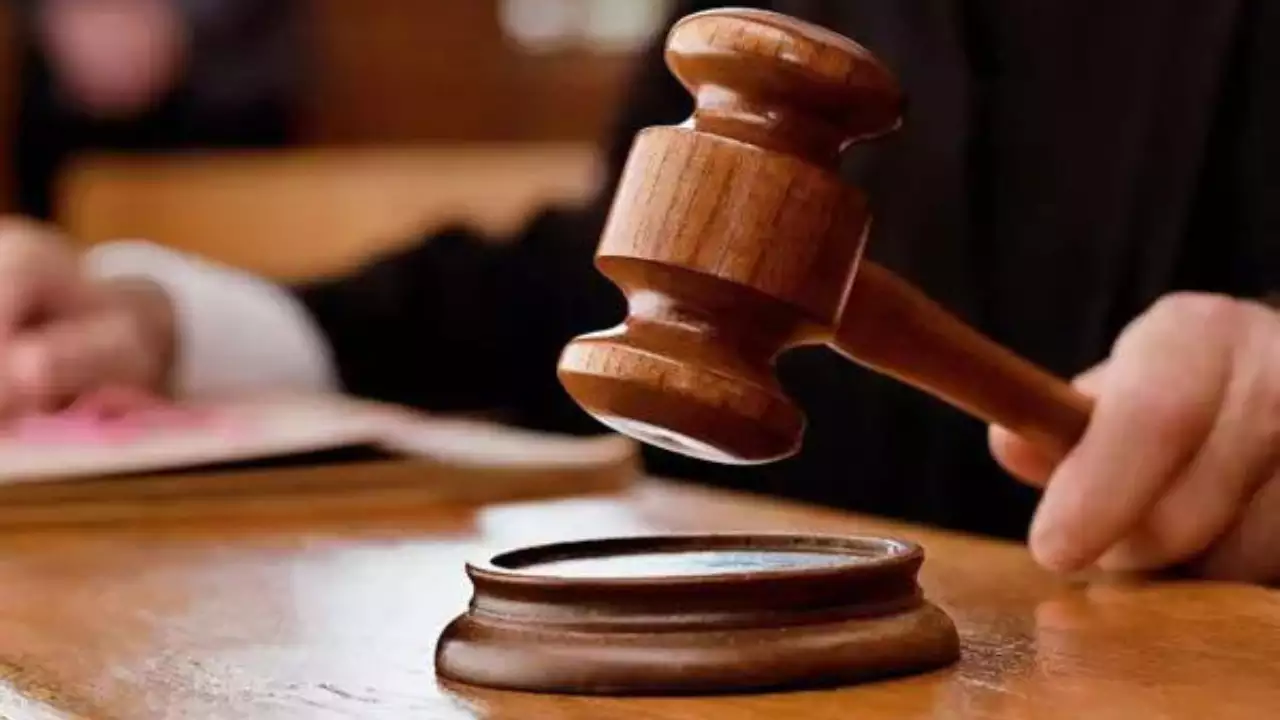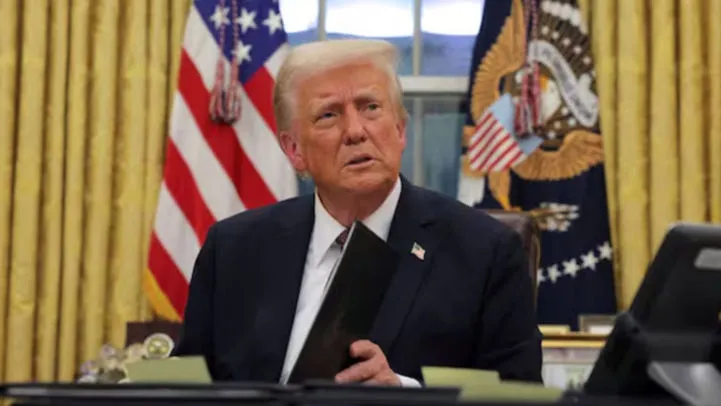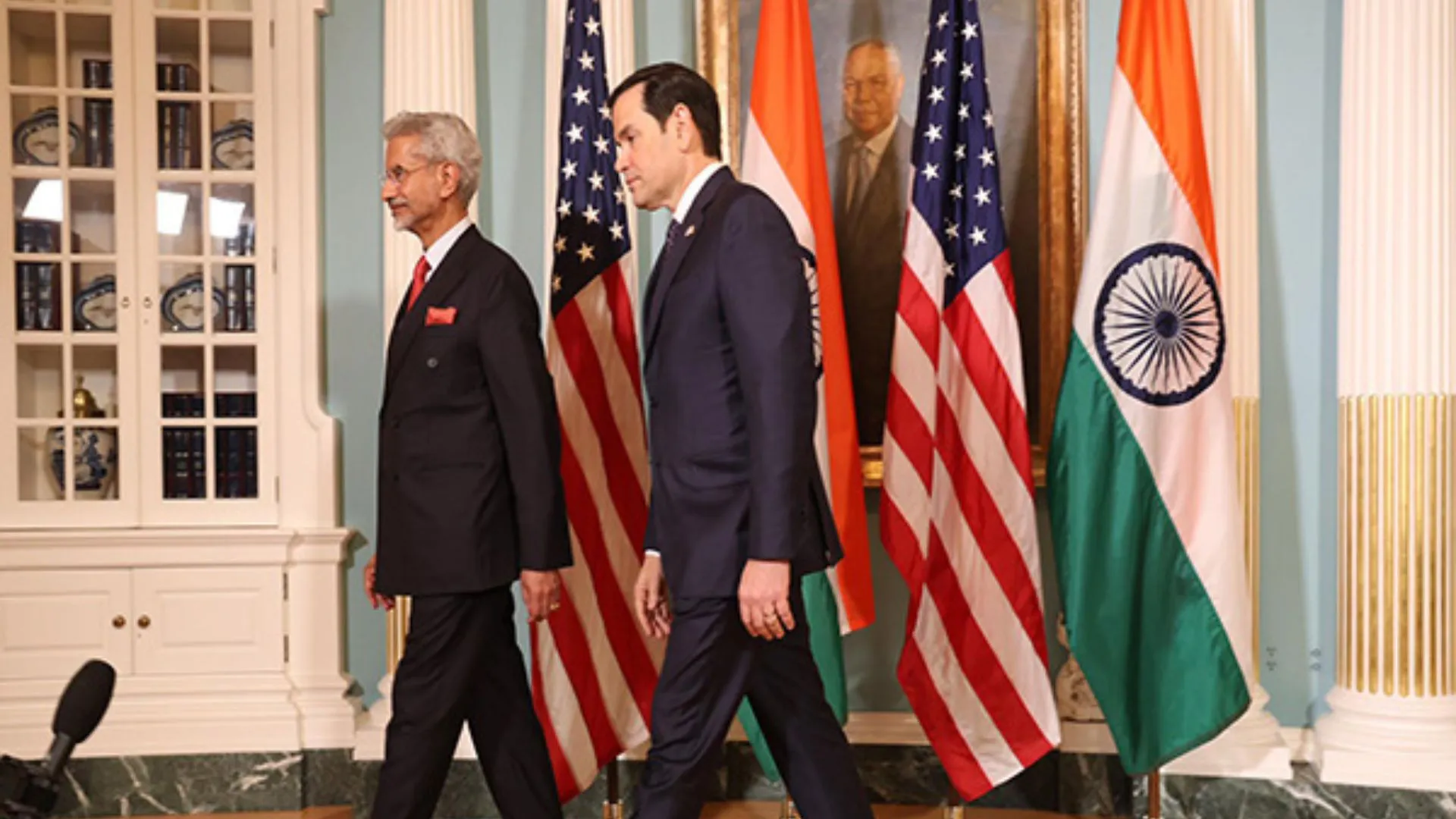It would be extremely significant to note that while reiterating the right of every individual not to be defamed and abused, the Himachal Pradesh High Court has in a most learned, laudable, landmark and latest judgment titled Jagat Singh Negi vs Surat Singh Negi in Cr. Revision No. 401 of 2022 that was reserved on 29.12.2023 and then finally pronounced on
11.01.2024 has minced just no words to hold in no uncertain terms that calling a person corrupt is per se defamatory as it tends to lower the estimation of the person in the eyes of the public. It was also made absolutely clear by the Shimla High Court that “there is a right to criticism but not a right to abuse and defame any person” and the same cannot be justified by resorting to Article 19 of the Constitution of India.
It must be mentioned here that the complaint was filed by the Minister of Horticulture of Himachal Pradesh who alleged that a defamatory statement was made during a press conference against him. It also deserves mentioning that the Minister was accused of not having toured Kinnaur district and yet withdrawing the travel allowance allotted for the same and indulging in corruption.
We ought to note that the Trial Court dismissed the complaint and held that the right to speech and expression is a fundamental right. The Trial Court remarked that the Opposition has a right to criticize the ruling party and such criticism is essential for a vibrant democracy. The Trial Court held that there was no mensrea and that politicians should not be thin-skinned and hyper sensitive.
In the course of things, we then witnessed how aggrieved by the order that was passed by the Trial Court, a revision petition was filed before the High Court asserting that the Trial Court failed to apply its mind to the controversy in issue. The petitioner strongly contended that the statement amounted to defamation and did not fall within any of the exceptions. The petitioner argued that the right of criticism did not extend to hurling abuses and defamation. Most crucially, the Shimla High Court did not lag behind in recognizing that, “The statement made by the accused-respondent that the petitioner had withdrawn the excess amount can amount to criticism of the public official and exposure of his acts. However, to call a person corrupt lowers his estimation in the eyes of the public and is per se defamatory.”
It ought to be also noted that the Shimla High Court while unambiguously stating that “The Trial Court was swayed by Article 19 of the Constitution was in error to hold that it is justified to call someone corrupt and such a right cannot be given to anyone as long as the offence of defamation exists in the statute books.” The Court while addressing a complaint
under Section 504 of IPC held that there was no indication that the accused’s words were intended to provoke the complainant or to commit a breach of peace making it insufficient
to summon the accused under Section 504. Similarly, charges under Section 505 (cv) IPC were also not substantiated. The Shimla High Court thus rightly set aside the order of the Trial Court and partly allowed the revision petition.
At the very outset, this brief, brilliant, bold and balanced judgment authored by the Single
Judge Bench comprising of Hon’ble Mr Justice Rakesh Kainthla sets the ball in motion by first and foremost putting forth in para 1 that, “The petitioner filed a complaint before the
learned Trial Court for the commission of offences punishable under Sections 500, 504, 505(C) of IPC asserting that the accused made a statement in the Press Conference that the petitioner had not toured Kinnaur District more than 50 times during two years and had withdrawn T.A. Allowance of Rs 12,54,145/- He toured every district in his capacity as Vice President of Forest Corporation and had drawn the Travelling Allowance of Rs 2,00,000/-. The petitioner indulged in corruption. The petitioner alleged in the complaint that these
words amount to defamation as they lowered the estimation of the petitioner in the eyes of the public.”
As we see, the Bench then points out in para 2 that, “The learned Trial Court recorded the statements of the petitioner and his witnesses and thereafter held that the right of speech and expression is a fundamental right. The public has a right to know. The opposition has a right to criticize the ruling party and such criticism is essential for a vibrant democracy. Politicians should not be thin skinned and hypersensitive. There was no mensrea. Hence, the complaint was dismissed.”
To put things in perspective, the Bench then envisages in para 3 that, “Being aggrieved from the order passed by the learned Trial Court, the present revision has been filed, asserting that the learned Trial Court failed to apply its mind to the controversy in issue.
The statement amounted to defamation and did not fall within any of the exceptions. The petitioner is known for his honesty and integrity and his estimation has been lowered by
the statement. The video recording of the statement was not referred to. The right to speech and expression is not absolute and is controlled by exceptions. Therefore, it was prayed that the present petition be allowed and the order passed by the learned Trial Court be set aside.”
While citing the relevant case law, the Bench pro pounds in para 7 that, “It was laid down by the Hon’ble Supreme Court in State of Haryana vs Bhajan Lal 1992 Supp. (1)SCC 335, that if any imputations of corruption are made against a person holding a high office, such a person has a right to approach the Court under Section 500 of IPC besides suing for dam
ages. It was observed: “104. It may be true, as repeatedly pointed out by Mr Parasaran, that in a given situation, false and vexatious charges of corruption and venality maybe maliciously attributed against any person holding a high office and enjoying a respectable status thereby sullying his character, injuring his reputation and exposing him to social ridicule with a view to spite him on account of some personal rancour, predilections and past prejudices of the complainant. In such a piquant situation, the question is what would be the remedy that would redress the grievance of the verily affected party? The answer
would be that the person who dishonestly makes such false allegations is liable to be proceeded against under the relevant provisions of the Penal Code, 1860 — namely under Section 182, 211 or 500 besides becoming liable to be sued for damages.” (Emphasis
supplied).”
Do note, the Bench notes in para 8 that, “In the present case, the statement made by the accused- respondent that the petitioner had withdrawn the excess amount can amount to criticism of the public official and exposure of his acts. However, to call a person corrupt lowers his estimation in the eyes of the public and is per se defamatory.” While citing yet another recent, relevant and remarkable case law, the Bench observes in para 9 that, “The learned Trial Court was swayed by Article 19 of the Constitution of India. It was rightly submitted that this Article is not absolute but subject to the exceptions carved out in it. It was held by the Delhi High Court in Vinai Kumar Saxena v. Aam Aadmi Party, (2022) 5 HCC (Del) 662, that Article 19(1)(a) of the Constitution affords the right of freedom of speech and expression to all persons but the same is subject to restriction, which includes defamation. A person cannot make a defamatory statement to tarnish the reputation of a person in the garb of the right of speech and expression: It was observed: 20. Before turning to the submissions of the parties, it is deemed apposite to spell out the contours of
free speech, as provided in Article 19 of the Constitution of India. Article 19(1)(a) of the Constitution affords the right of freedom of speech and expression to all persons. However, the same is subject to restrictions under Article 19(2), which includes defamation.
Therefore, the right to freedom of speech and expression is not an unfettered right in the garb of which defamatory statements can be made to tarnish the reputation of a person. The fundamental right to freedom of speech has to be counterbalanced with the right to the reputation of an individual, which has been held to be a basic element of the right to a life consecrated in Article 21 of the Constitution of India. Reference in this regard may be made to the judgment in Umesh Kumar v. State of A.P. [Umesh Kumar v. State of A.P., (2013) 10 SCC 591 : (2014) 1 SCC (Cri) 338: (2014) 2 SCC (L&S) 237].”
Most forthrightly, the Bench mandates in para 10 that, “Therefore, the learned Trial Court fell in error while holding that the accused was justified in calling the petitioner corrupt, such a right cannot be given to anyone as long as the offence of defamation exists in the statute books.
Calling a person corrupt is per se defamatory as it tends to lower the estimation of the person in the eyes of the public and cannot be justified by resorting to Article 19 of the Constitution of India.” Most significantly, the Bench postulates in para 11 holding that, “The learned Trial Court was swayed by the promotion of healthy and vibrant democracy by the right of criticism. As already stated, there is a right to criticism but not a right to abuse and defame any person. Granting the right to abuse and defame a person will not make a democracy healthy and vibrant but will turn it into a mudslinging arena where the opposition and dissent will be crushed by abuses and slurs.”
It is worth noting that the Bench notes in para 13 that, “In the present case, nothing was stated in the complaint or the statement on oath that the words used by the accused were intended to provoke the complainant or any other person to commit a breach of peace.
Hence, no grounds for summoning the accused for the commission of an offence punishable under section 504 of IPC is made out”.
Most remarkably, the Bench then expounds in para 14 holding that, “The complaint has also been filed for the commission of an offence punishable under section 505 (c) which
provides that the statement should have been made with intent to incite any class or community of persons to commit any offence against any other class or community. It is difficult to see how calling the complainant corrupt will incite one community against the
other. Hence, this offence is also not made out.” In addition, the Bench then further directs in para 15 that, “Therefore, the present revision is partly allowed and the order dated 26.04.2022, passed by the learned Trial Court is set aside.”
Finally, the Bench then concludes by holding in para 16 that, “The accused is ordered to be summoned for the commission of an offence punishable under Section 500 of IPC. The parties through their respective counsel are directed to appear before the learned Trial Court on 12.03.2024.”
In essence, the Himachal Pradesh High Court has made it indubitably clear that calling a person is defamatory and the person making it would be held liable under Section 500 of
IPC. It was also made amply clear by the Court that there is a right to criticize but not to defame any person. The accused was thus held liable for defamation and directed to face trial as mentioned hereinabove!
Very rightly so!























